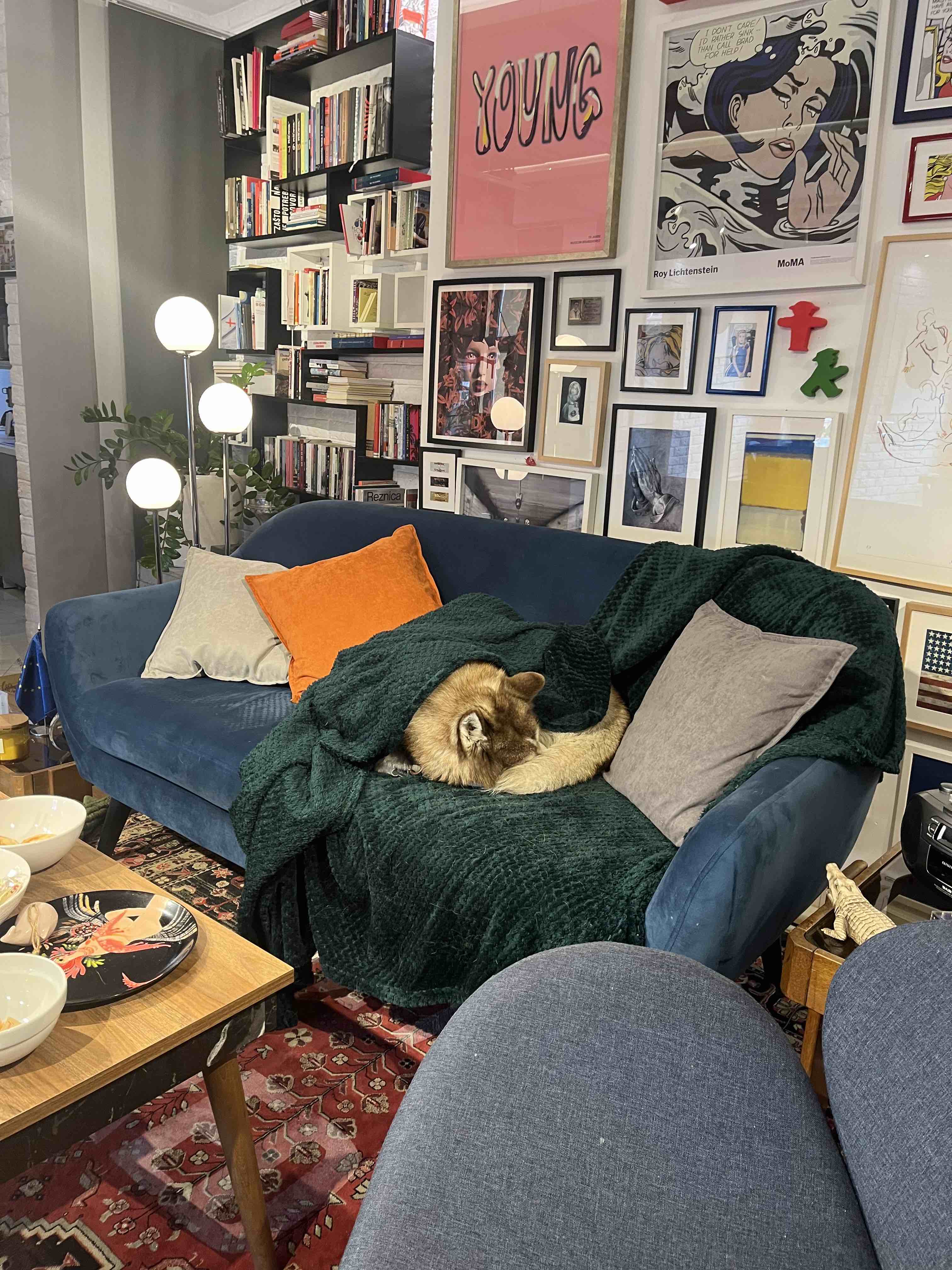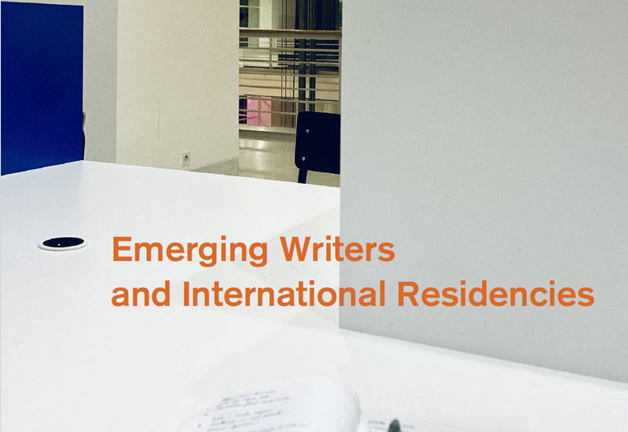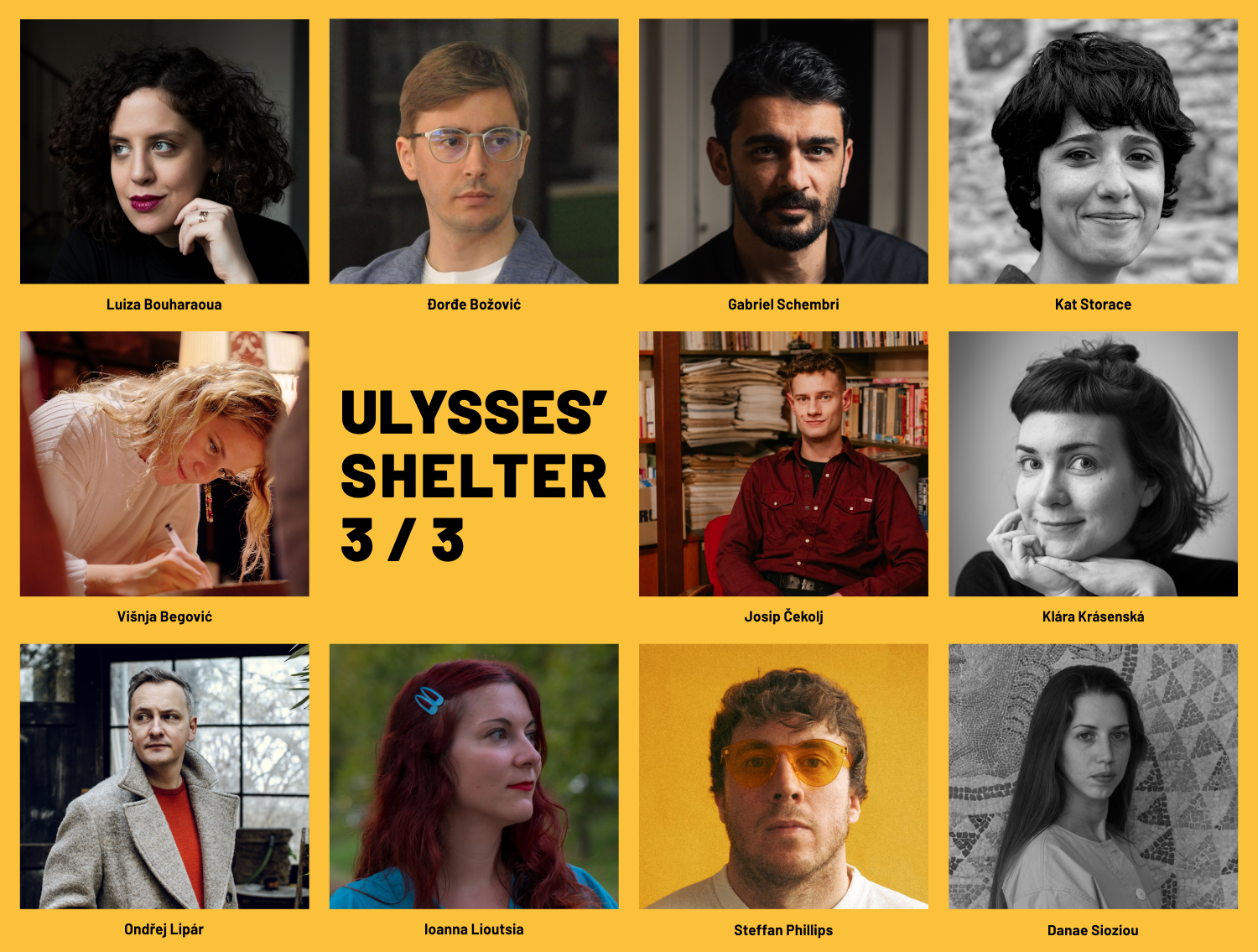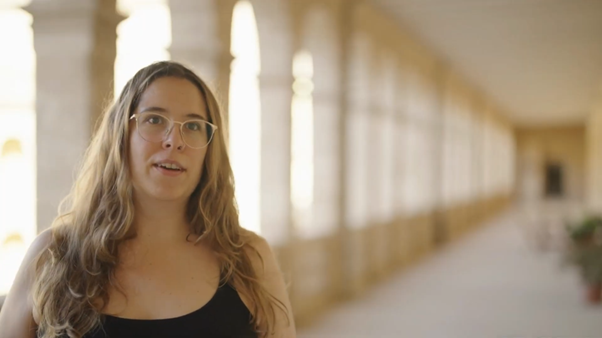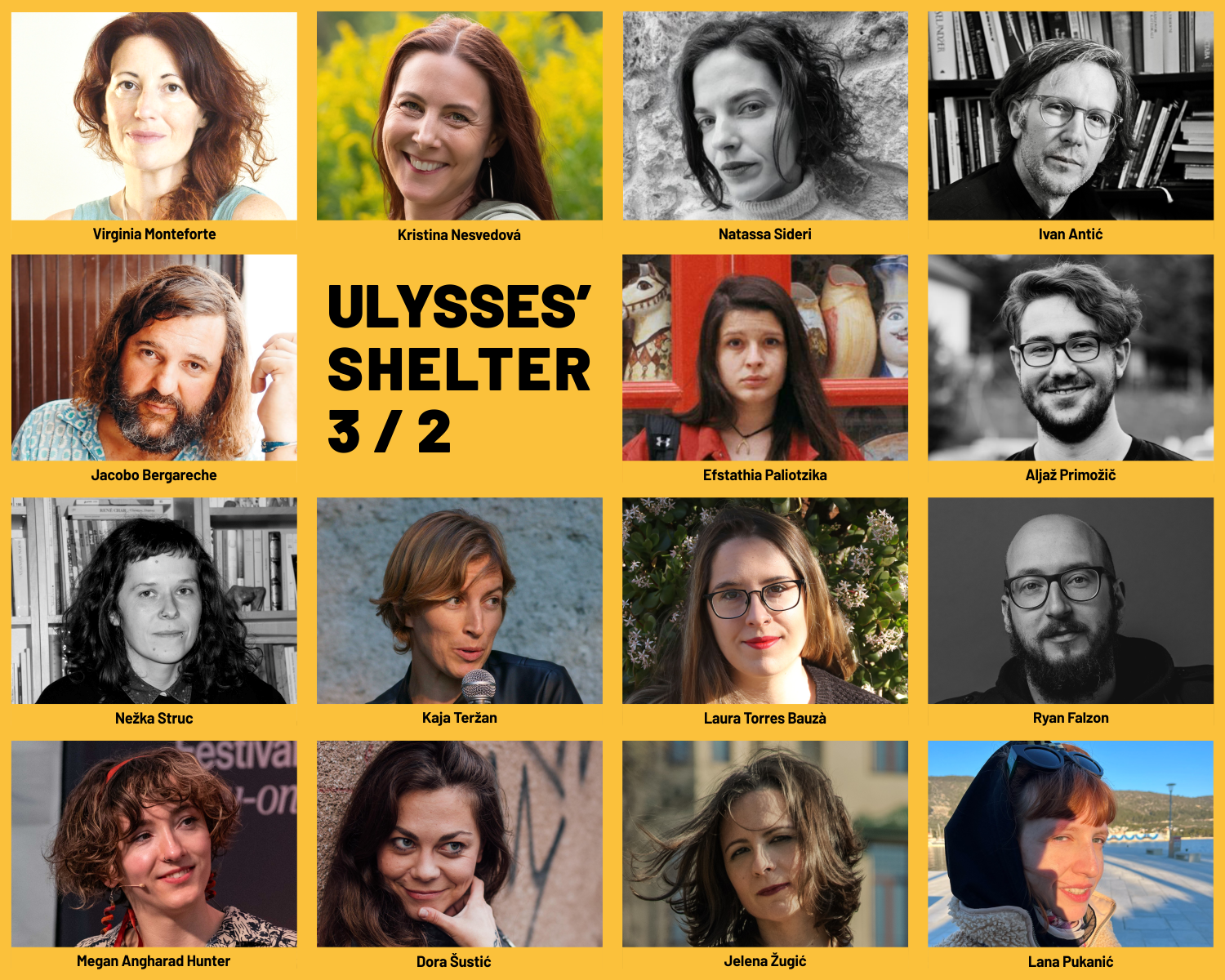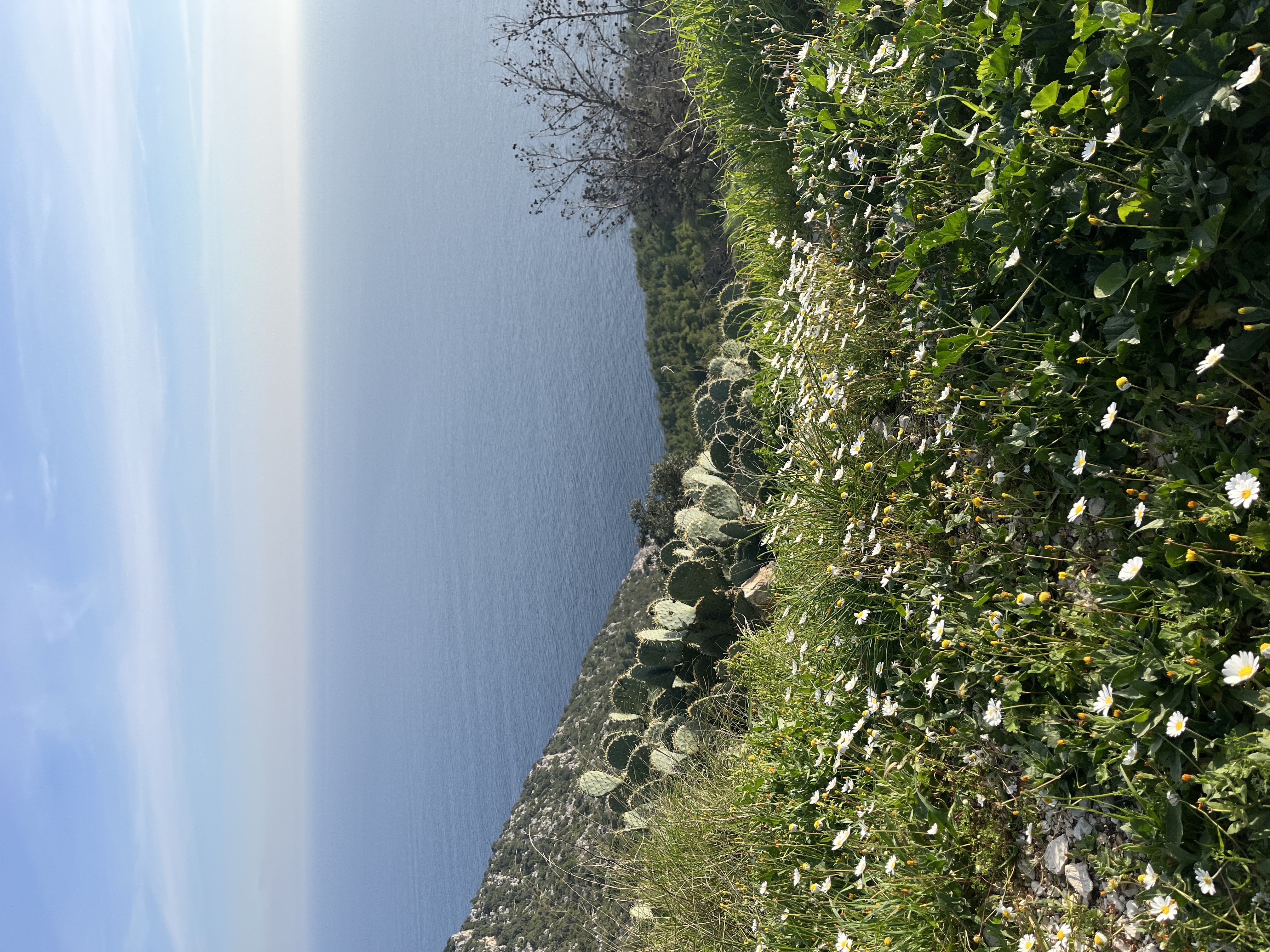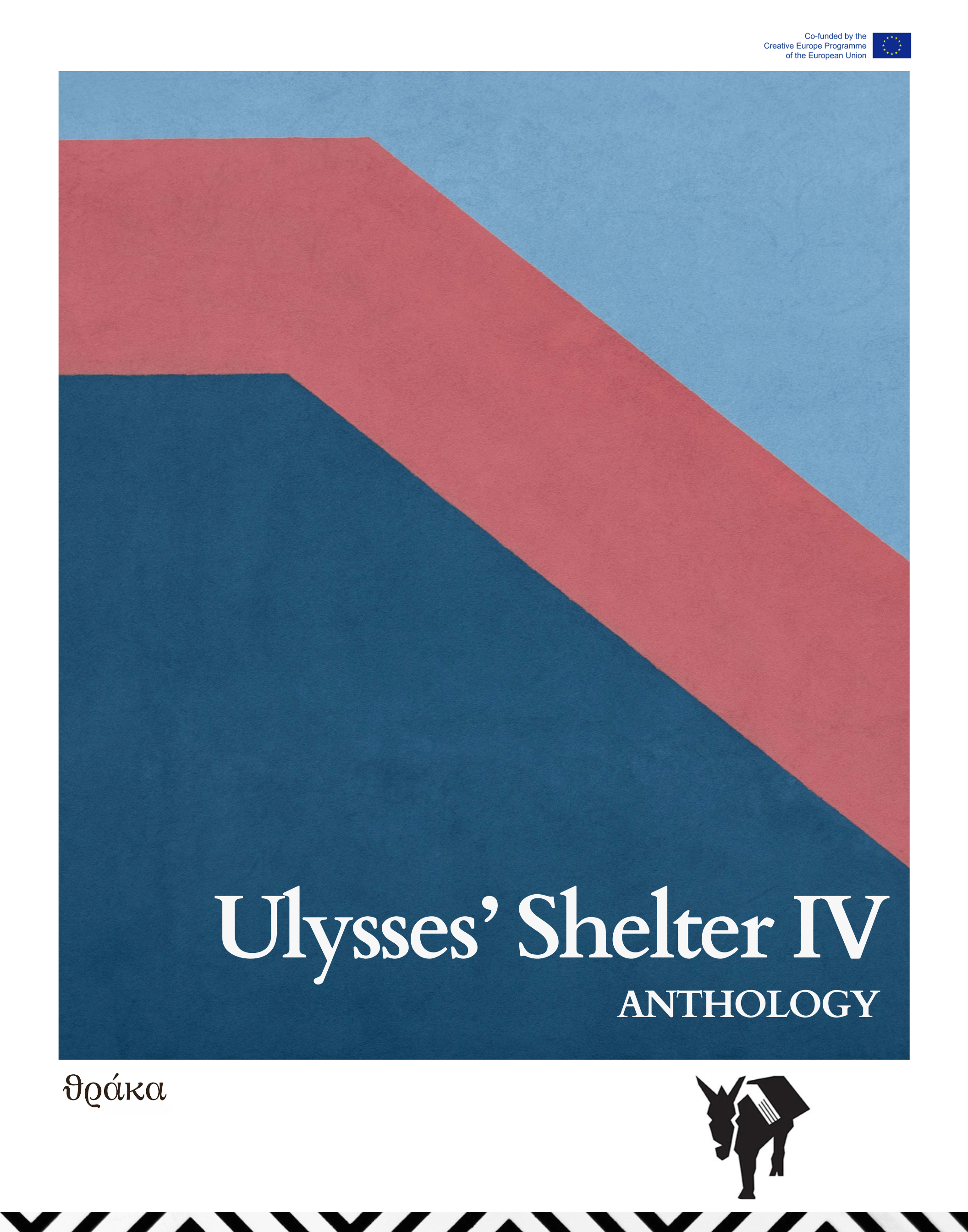
Prologue
There are no endings. If you think so you are deceived as to their nature. They are all beginnings. Here is one. —Hilary Mantel, Bring Up the Bodies
I arrived in Belgrade yesterday morning and I’ve been out once so far, to pick up some groceries from the supermarket. It feels strange and defamiliarising to arrive again in a place where you know no one yet. I promised myself I’d use some of my time here to draft up a translator’s note alongside redrafting my work-in-progress translation of Loranne Vella’s novel, Rokit. So I’m keeping a notebook – a second notebook, I should say. The challenge, as it stands, is to write down the things I want to say, and so, each day, to open myself up, little by little, to what’s around me. To allow myself to absorb it without fear or resistance.
Over the next couple of weeks, as I work on my translation, I wish to probe my curiosity at being surrounded at all times by a new language that feels so unfamiliar in my eyes, my ears and my mouth, as I grapple, in the meantime, with transferring the cadences and nuances of Maltese into English. I feel my mind stretching in directions I’ve always wished it would, but had perhaps stopped reaching for.

Signs and wanders
The sun is out, so I go out in search of coffee. There’s a small, cosy-looking place just down the road, and I go inside and grab a table. The coffee is delicious, as is the sunshine, pouring through the glass windows and bathing me in its warmth. I write, order a second coffee, consider my next moves while studying Google Maps on my phone.
Whenever I’m in a new city, I go in search of its botanical gardens. I find comfort in wandering around these bizarre zoos filled with trees and plants. At Jevremovac botanical gardens, just a short walk away, I find I’m almost the only person there. It’s a brown time of year for the trees and flowering plants that line the pathways, so I linger at the labels skewered into the soil. I’m none the wiser for reading them, with their odd system of italics, abbreviations and language hierarchies. But it’s a fun game of deduction, not dissimilar to translation. Like, the dracaena angolensis (from angola), for instance: the ‘cylindrical snake plant’, which I recognise from its Serbian denotation, ‘sansevierija’.

My coffee speaks to me (and other mistranslations)
Back at the apartment, my coffee speaks to me. Or, to be exact, the writing on the coffee packet threads some English words together to try to impart something to me. You can tell immediately that the two brief paragraphs have been translated into English from an undisclosed language. Badly, at that. The text reads like a badly mangled culprit of Google Translate. But I appreciate the strangeness of the words as I’m waiting for my coffee to brew, strung together in a sequence that defies any real sense but still manages to conjure up a feeling: nostalgia, home, warmth, timelessness.
Speaking of mistranslations. I conduct my own experiment and run the details of my event at KROKODIL Centre next week through Google Translate. I’m delighted to discover that it has turned me into a singer.

The past is an island
Petrel looked around, staggered by this giant and incredible discovery he’d just made, and then at the live image, in real time, of the whole of Malta projected onto the ground in the centre of the camera obscura.
I wake up to another sunny morning in Belgrade. Not for the first time, the bright rays filtering through the bedroom curtains surprise me. I think I’ve mastered the method of preparing my coffee on the stove in the Serbian coffee pot I found at the apartment – it produces a dark, almost thick, unclean brew, slightly silty, but with a strong biscuity flavour. I can’t get enough of it. It makes me happy, this morning ritual of waking up, reading, brewing coffee and drinking it in the sunshine. I don’t kick into work until later, when the morning pivots into the afternoon and so, perhaps, lose the best part of the day. But I’m up late at night and struggle to wake up and get going before ten. I am trying, still, to be accepting of myself, my rhythms, ebbs and flows – to embrace my natural patterns and not to think of time in terms of wins and failures.
I set off toward the city centre to meet the KROKODIL team at their headquarters. The walk is straightforward. I’ve traced the route again and again on the map on my phone: one straight line from the apartment along Bulevar Despota Stefana. Belgrade is a place for which I have no
mental blueprint – I’m still working out how to be in it. On reaching Republic Square I’m met with an unnatural quiet. A crowd has gathered and people are standing still, facing the direction of Vase Carapica in silence. I don’t check the time, but I guess it’s around 11.45, or just after. Later, I learn that this silence occurs everyday at 11.52 a.m., in memory of the people who lost their lives in the Novi Sad railway station tragedy earlier this year.
Later that week, I take a walk through Kalemegdan Park overlooking the confluence of the rivers Sava and Danube. As I pass under one of the fortress gates, I spot something familiar out of the corner of my eye. It is an old map hoisted on a wooden easel outside an exhibition of masterpieces of geographical history. An old map, no less, of the Maltese Islands.

‘The days flow and I flow with them’**
Inside these walls that surround me I’ve started to find shelter – as long as there’s a window for me to look outside and to allow the light to filter in and hit the wall opposite.
Since I’ve been in this apartment I’ve been making tiny observations. My life has become simpler, more predictable. I wake up around nine or ten, put the kettle on the stove and pour out a bowl of muesli and spoon some greek yoghurt onto it. I make tea and sit, eat and read
until my brain starts to sharpen into focus. I text Imo, my parents, Jen, and push down any anxieties about the world outside threatening to derail my pure state of mind. Then, I get dressed, wash my face and teeth, and sit down at my desk – to write, to think and translate. On some days I plan my moves with clinical precision before venturing out. I set myself a small objective: buy pasta, take myself for lunch, visit a bookshop. I spend a few hours outside – walking, observing, breathing in the sunshine and icy air. I speak to practically no one. When I get back, always before dark, I make myself another cup of tea and dive back into my work. I stay up late, stopping only to make some dinner or to take a shower, and then I prepare a hot water bottle, turn off the lights and climb into bed, where I read and watch history documentaries on YouTube on my phone in the dark.
I enjoy this simplicity, this predictably. I’m like my dog, who knows exactly what to expect out of each day. It means I don’t worry about the things I’m missing out on. It takes discipline of sorts, an acceptance of the little things – tiny steps towards the light. There is a joy, for me, in this repetitive existence, like the soothing thump-thump of my feet on the ground beneath me during my daily walks.
And then, there’s the light. Day after day of unadulterated sunshine in the middle of winter. Inside my small room where I work, the sunlight travels from left to right, diminishing in intensity as the day wears on. I’ve learnt its rhythms. The sun hits the balcony at around 10.30 a.m. and it’s possible, by 11.30, to sit out there and drink my coffee until around midday, by which time it’s moved along and reappears minutes later, blasting through the four-panelled window. It settles, like a bird, on my desk, my hands, my face.
As the days go by, I also begin to think: yes, maybe, small spaces suit me better. As long as there is a window for me to look out of, and warm light filtering through it and hitting the wall opposite.

A rocket in the museum
Everything you want to know is in the picture.
In the National Museum of Serbia, in the section dedicated to Yugoslav Modern Art, I encounter a painting from the 1960s titled ‘Rocket’. I stand in front of it for almost half an hour and I’m convinced this isn't a coincidence. Later that evening, I come across the following lines as I’m translating:
Petrel saw lines everywhere. And where they were absent, he imagined them: physical lines in the buildings and structures around him, the horizon in the distance and on walls close by, outlines required to give form and meaning to nothing.
It strikes me, as I write them down, that this is something I’ve always done, too. It’s triangles for me – tracing them into corners and edges, surfaces and ceilings. Every square or rectangle split diagonally once, twice, in search of symmetry. I always thought of this habit as a mental exercise for bringing order to chaos, or rhythm, perhaps, a sense of pattern and repetition which I find soothing. Is this what Loranne does, too, I wonder? Does she trace over the world in invisible lines? I want to ask her this right now. But it’s 1.10 a.m.

Sorry, today I don’t have a day off.
The days dissolve so that there are nearly none left. How does time do that, act like there’s surplus and then, all of a sudden, it’s galloping off into the distance and you can barely keep up? I regret not staying longer, but I know that’s just false logic. Time speeds up no matter what, once the newness has settled into a daily routine, into a city you’ve mapped out in your head and with your feet. And as the sense of an ending looms, I pick up my feet and start running: the inevitable race to the finish line, cramming in words and thoughts, and all the things I want to do read think before I’m catapulted back into the real world.
Each day my patterns creep later and later into the night. Maybe it’s the amount of coffee I’m drinking, or the adrenaline of the work itself, or a heady mix of both. Last night, I went to bed at 2.20 a.m. with my heart pounding, my legs restless, my mind racing. All this because I’d caught a whiff of the end, I’d broken through some wall in my own words. I could see the puzzle before me: X words in X amount of time. The challenge delighted me. Finishing the translation was no longer a perhaps, a when, an unanswered question. I’d almost arrived at the so-called end point and could just about hold the entire work in my hands.

Sleepless
In Rokit, characters disappear through time portals, bending time back and forth, so that every ending is a beginning and ‘all is always now’. I have a sense of being inside this cycle, this circle, this merry-go-round.
I haven’t slept in two nights. I climb into bed and watch history documentaries about the Tudors on my phone; I listen to Hilary Mantel’s Reith Lectures on writing the past; I read Solvej Balle’s On the Calculation of Volume I, which, coincidentally, is about a woman falling out of time. I randomly pick out a book from the bookshelves in the bedroom: Sleepless by Goran Stojičić.

The beginning of the end
Everything has its moment. Everything arrives in the end, all you have to do is wait.
And here I am during each of these days, inside a time bubble of my own. Each day repeats itself, in a sense. Would it just go on repeating, if I continued to sit here, if I had more time? This ending, which will also end on Monday, marks a new beginning.
I sit with the past and contemplate its place in the here and now. I think about Hilary resurrecting the dead. I think about Belgrade and its past, echoes of it visible everywhere. I think about my dear friend Teo, whose own personal history is tied up to this city’s. And I think about the imagined history of Malta Loranne has written into Rokit, which I’m now rewriting into history, in a new language, a new form.
The connections come – a soft cloud descending over my head – inviting me to grasp at the nebulous particles as they float past and to rearrange them in whatever order the story makes sense to me. It feels like an extension of the act of translation: these images, these words begetting words, traversing universes, defying time. All of them, signs and wonders.
*All images are my own. All quotations, unless otherwise stated, are from my working draft of Rokit by Loranne Vella, forthcoming from Praspar Press (2025).
**From On the Calculation of Volume I by Solvej Balle, tr. Barbara J. Haveland (Faber, 2025).
